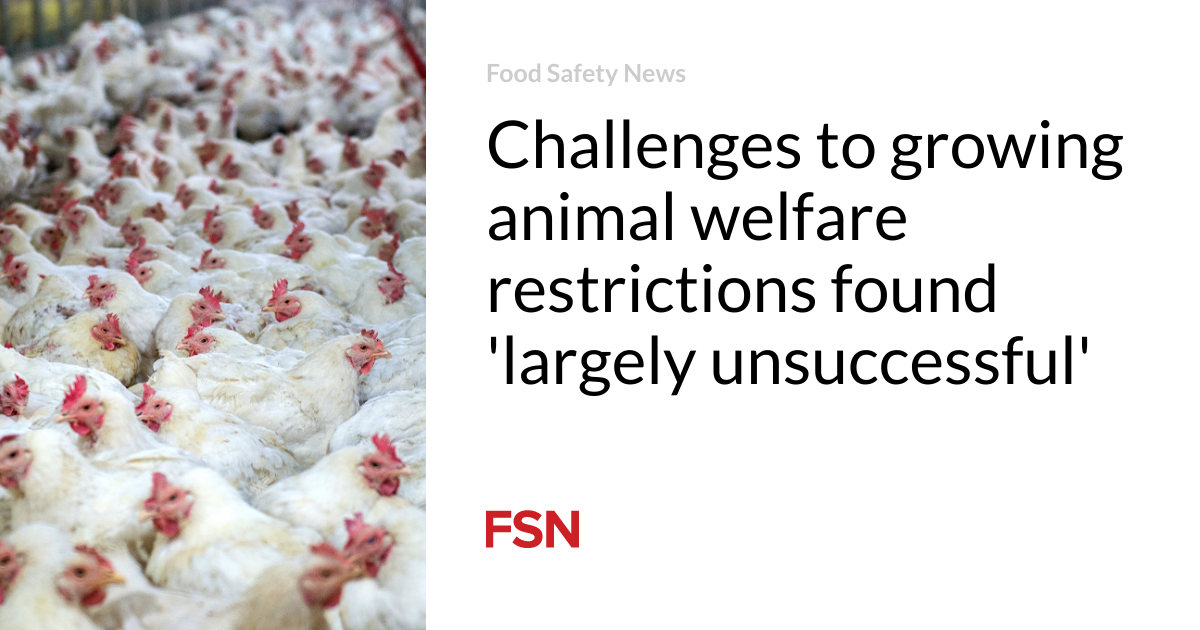HealthDay Reporter
THURSDAY, Jan. 20, 2022 (HealthDay News) — Online grocery shopping has skyrocketed during the pandemic, but many websites are making it hard to find nutrition information on products, a new study shows.
In the United States, packaged foods are required to have a nutrition facts label, ingredients list and warnings about common food allergens, displayed prominently and legibly.
Based on the new study, that is not translating well to online grocery shopping.
Looking at a sample of groceries sold by nine major online retailers, researchers found that required labeling was only inconsistently displayed. Nutrition facts and ingredients were present and legible around half of the time, while allergen information was rarely given.
It seems the surge in online shopping has gotten ahead of federal regulators, the researchers said.
“Maybe this hasn’t really hit them yet,” said study leader Jennifer Pomeranz, an assistant professor at the NYU School of Global Public Health, in New York City. “But I’d urge the federal agencies to get on this.”
In the meantime, she said, it’s in companies’ “best interests” to voluntarily address the consumer information void. The study found that even individual websites seemed to have no uniform policy on displaying nutrition information.
Online grocery shopping was gaining momentum before COVID-19, but the pandemic fueled an explosion in popularity. Surveys indicate that between 2019 and 2020, the percentage of Americans doing at least some grocery shopping online shot up, from 19% to 79%.
And it’s projected that by next year, online orders will make up more than one-fifth of all U.S. grocery sales, according to Pomeranz’s team.
In theory, online shopping could make it easier for consumers — especially busy parents — to make healthy choices, according to Frances Fleming-Milici, a researcher who was not involved in the study.
“I’ve talked to parents about their shopping experiences in the grocery store,” said Fleming-Milici, of the University of Connecticut’s Rudd Center for Food Policy and Health. “They’re rushed, they have no time for differentiating between products.”
On top of that, she noted, their kids are demanding the candy they see at the checkout, while their own rumbling stomachs can make them buy foods they otherwise might skip.
Grocery shopping online could help parents avoid those problems, Fleming-Milici said. Unfortunately, she added, this study shows they are not being provided the product information they need.
“This is a real missed opportunity,” Fleming-Milici said.
The findings, published Jan. 20 in the journal Public Health Nutrition, are based on a sampling of 10 brands of cereal, bread and drinks sold by nine online retailers. They included Amazon, Walmart, Fresh Direct and grocery chains like ShopRite and Safeway.
On average, the study found, nutrition facts labels were “present, conspicuous and legible” about 46% of the time across all products. Ingredients lists met that bar slightly more often, at 54%.
Information on allergens, meanwhile, was usually missing. A couple of cereals and a bread product had that information clearly displayed 11% to 33% of the time.
Instead, consumers could more often expect to see product claims, like “low sodium” — which are marketing tools to imply a product is “healthy.”
“People want information, not obfuscation,” Fleming-Milici said.
Often, those claims were visible on images of the product itself, the study found. But in some cases, retailers’ websites also hyped nutrition-related claims.
According to the researchers, three federal agencies could potentially take action: the U.S. Food and Drug Administration, which oversees food labeling; the Federal Trade Commission, which has authority over online sales and food advertising; and the U.S. Department of Agriculture (USDA), which runs the Supplemental Nutrition Assistance Program (SNAP), which provides food stamps to eligible Americans. The USDA could also require online retailers that participate in the program to display all required nutrition information, the researchers noted.
Fleming-Milici agreed that the onus is on regulators. “I would really like to see policy change to address this,” she said.
She added that having all companies follow the same rules would “level the playing field” for retailers.
For now, Pomeranz suggested consumers stick with online retailers that consistently provide the required nutrition information. That’s harder, she noted, for people in the SNAP program, since only some retailers participate.
Pomeranz also pointed out that food labeling is about more than calorie-counting: People with health conditions like high blood pressure and diabetes need to be careful about content such as sodium and sugar.
“This is a matter of health and safety, too,” Pomeranz said.
More information
The U.S. Food and Drug Administration has more on understanding nutrition labels.
SOURCES: Jennifer Pomeranz, MPH, JD, assistant professor, public health policy and management, NYU School of Global Public Health, New York City; Frances Fleming-Milici, PhD, director, marketing initiatives, Rudd Center for Food Policy and Health, University of Connecticut, Hartford, Conn.; Public Health Nutrition, Jan. 20, 2022, online
Note: This article have been indexed to our site. We do not claim legitimacy, ownership or copyright of any of the content above. To see the article at original source Click Here












